## Level Up Your Business: Are Trump’s Tariffs Dealing You a Devastating Blow?
From the glittering halls of Wall Street to the dusty shelves of your local game shop, the ripples of Trump’s tariffs are being felt across the entire US economy. But how are these trade wars actually impacting YOU, the gamer and the business owner?
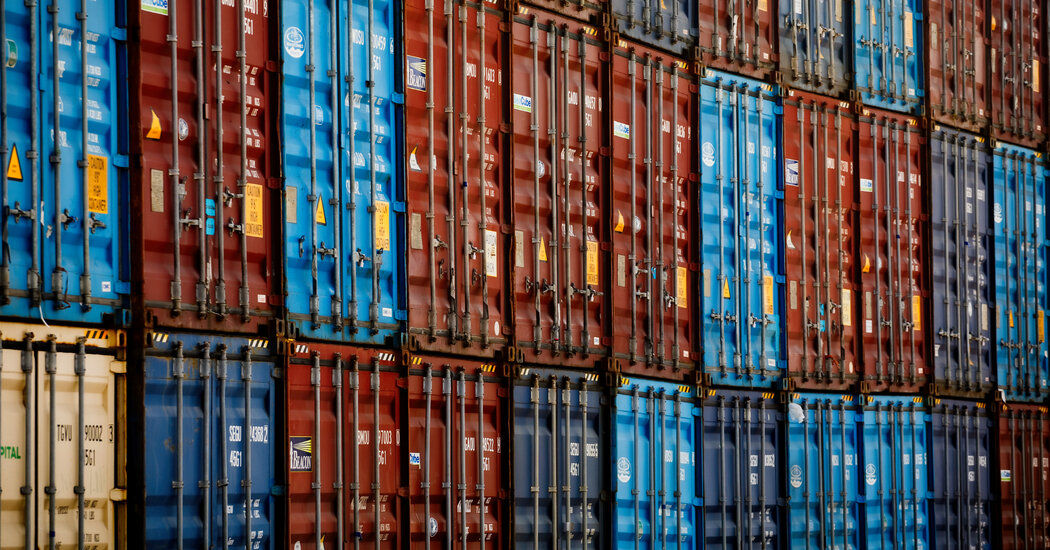
The New York Times wants to know. They’re calling out to everyday players and entrepreneurs to share their stories, their struggles, and their triumphs in the face of these economic headwinds.
So, are your precious game consoles becoming pricier? Are your favorite indie developers feeling the pinch?
Read on, gamers, and find out how your business, big or small, might be caught in the crossfire of Trump’s tariff war. Let’s level up our understanding of this complex issue and see where the real damage lies.The Job Market: Are Tariffs Threatening Gaming Jobs?
How Tariffs Can Lead to Layoffs and Hiring Freezes in the Gaming Industry
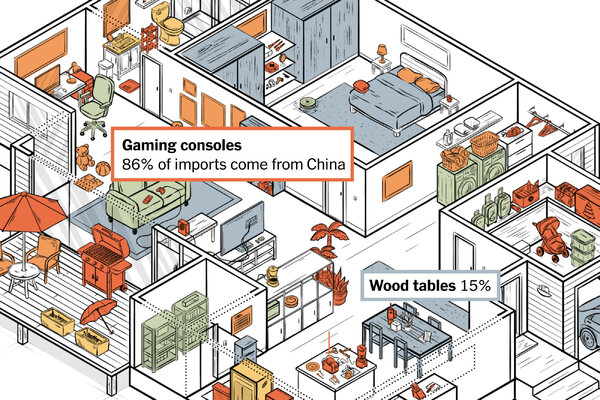
The gaming industry, like many others, relies heavily on global supply chains for components, manufacturing, and even talent. When tariffs are imposed, these supply chains can become disrupted, leading to increased costs and uncertainty for businesses. This can have a ripple effect on the job market, potentially leading to layoffs, hiring freezes, and a slowdown in overall growth.
For example, tariffs on imported components used in gaming consoles or PCs could force manufacturers to raise prices or reduce production. This could result in job losses in manufacturing, assembly, and even retail sectors. Similarly, tariffs on game development software or tools could increase costs for studios, potentially leading to budget cuts and staff reductions.
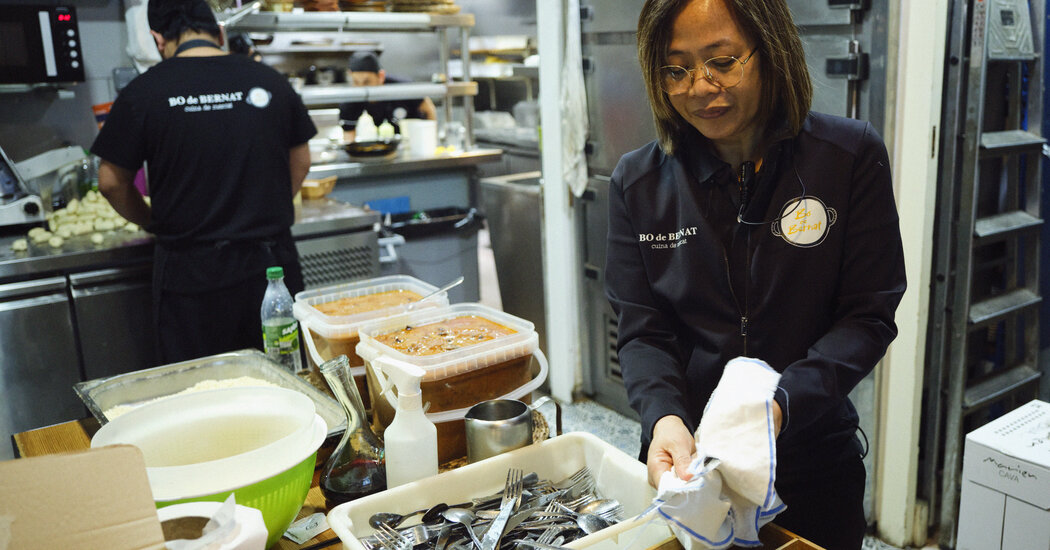
The Potential Impact on Game Developers, Esports Teams, and Other Gaming Professionals
The impact of tariffs extends beyond the immediate manufacturing and production sectors. Game developers, esports teams, and other gaming professionals can also be affected.
- Game Developers: Tariffs on imported software, hardware, or marketing materials can increase development costs, potentially leading to delays in game releases or reductions in marketing budgets.
- Esports Teams: Tariffs on travel, equipment, and merchandise can make it more expensive for esports teams to compete internationally, potentially impacting their performance and ability to attract sponsors.
- Other Gaming Professionals: Tariffs on gaming peripherals, virtual reality equipment, and other related products can make it more expensive for gamers to access the latest technology, potentially impacting the overall growth of the gaming market.
The Ripple Effect on Local Communities and Economies
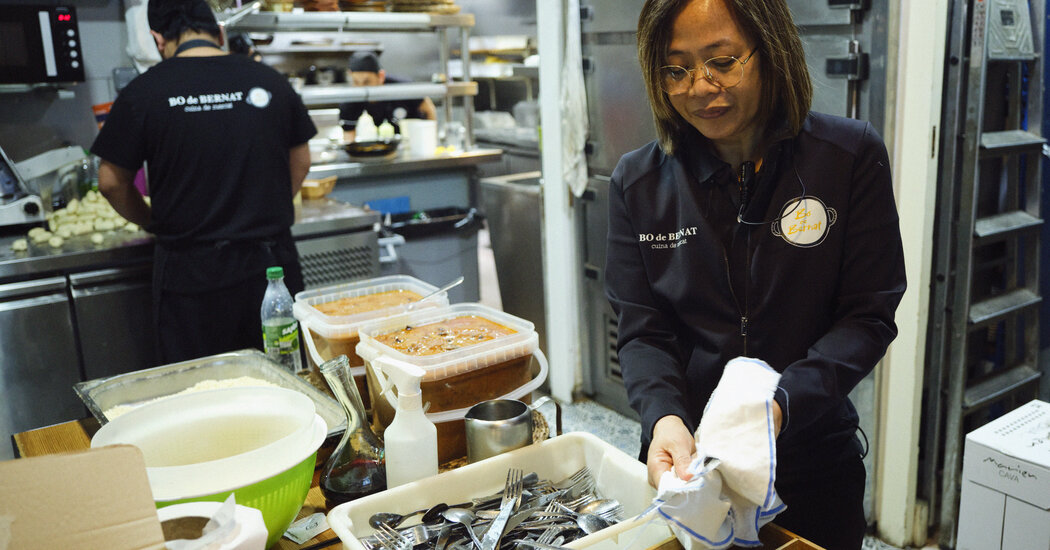
The gaming industry is a significant contributor to local economies around the world. Job losses in the sector can have a ripple effect on local businesses, communities, and tax revenues. For example, a game development studio closing down could result in layoffs for not only its employees but also for local vendors, contractors, and service providers.
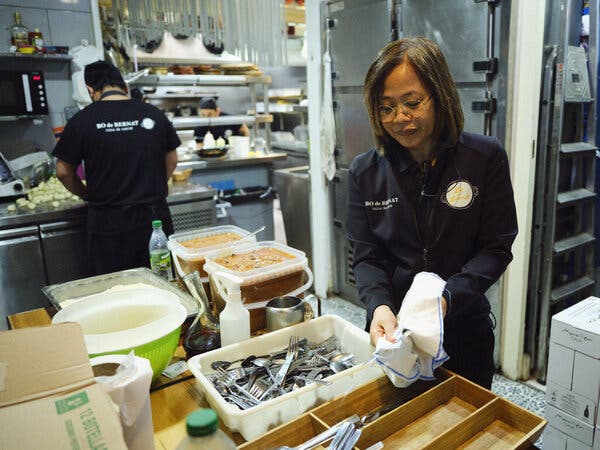
Navigating the Uncertain Future: Tips for Gamers and Businesses
Planning for the Long Haul: Strategies for Adapting to the Trade War
While the ongoing trade war presents challenges, there are strategies that gamers and businesses can adopt to navigate the uncertainty and mitigate the potential impact of tariffs.
- Exploring Alternative Sourcing Options and Suppliers: Identifying alternative suppliers in countries not subject to tariffs can help reduce reliance on potentially affected markets. This may involve researching new vendors, diversifying sourcing strategies, or considering domestic production options.
- Embracing Innovation and Developing New Technologies to Mitigate Tariff Impacts: Investing in research and development to explore new technologies and production methods can help reduce reliance on imported components or materials. This could involve developing new manufacturing processes, exploring alternative materials, or creating innovative solutions that minimize the impact of tariffs.
- Advocating for Fair Trade Policies and Supporting Businesses That Prioritize Ethical Sourcing: Engaging with policymakers and advocating for fair trade policies can help create a more stable and predictable trade environment. Supporting businesses that prioritize ethical sourcing and responsible manufacturing practices can also contribute to a more sustainable and resilient industry.
- The World Trade Organization (WTO): The WTO is an intergovernmental organization that regulates international trade. Its website provides information on trade agreements, disputes, and other relevant topics.
- The U.S. International Trade Commission (USITC): The USITC is an independent agency that investigates trade issues and provides recommendations to the U.S. government. Its website offers data on trade flows, investigations, and rulings.
- Industry Associations and Trade Groups: Organizations such as the Entertainment Software Association (ESA) and the International Game Developers Association (IGDA) provide resources and support for game developers, publishers, and other industry stakeholders.
Staying Informed: Resources for Gamers and Businesses
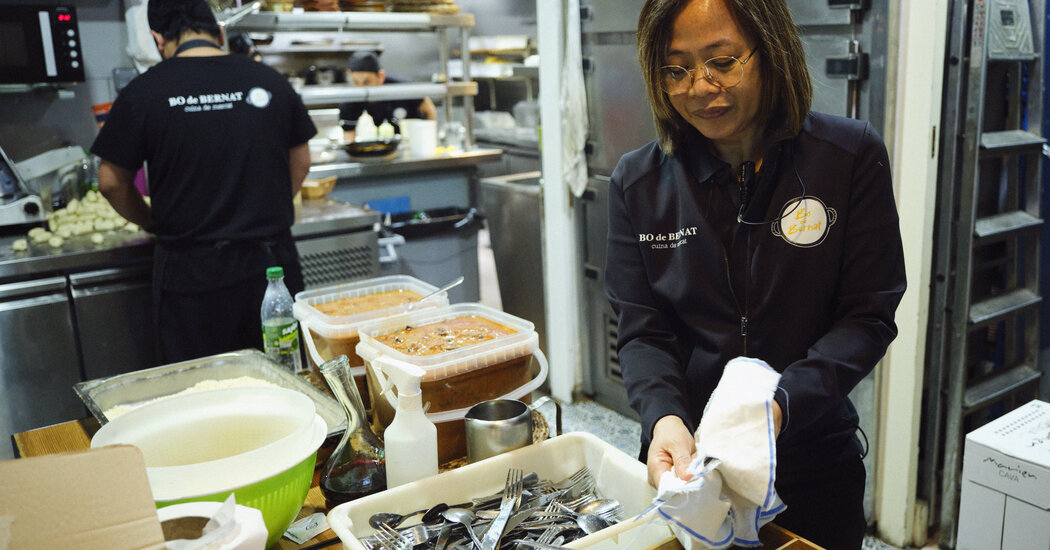
Staying up-to-date on the latest developments in the trade war is crucial for making informed decisions. Gamestanza will continue to provide comprehensive coverage of the impact of tariffs on the gaming industry, offering insights, analysis, and practical advice for gamers and businesses alike.
In addition to Gamestanza, several other resources can provide valuable information and support:
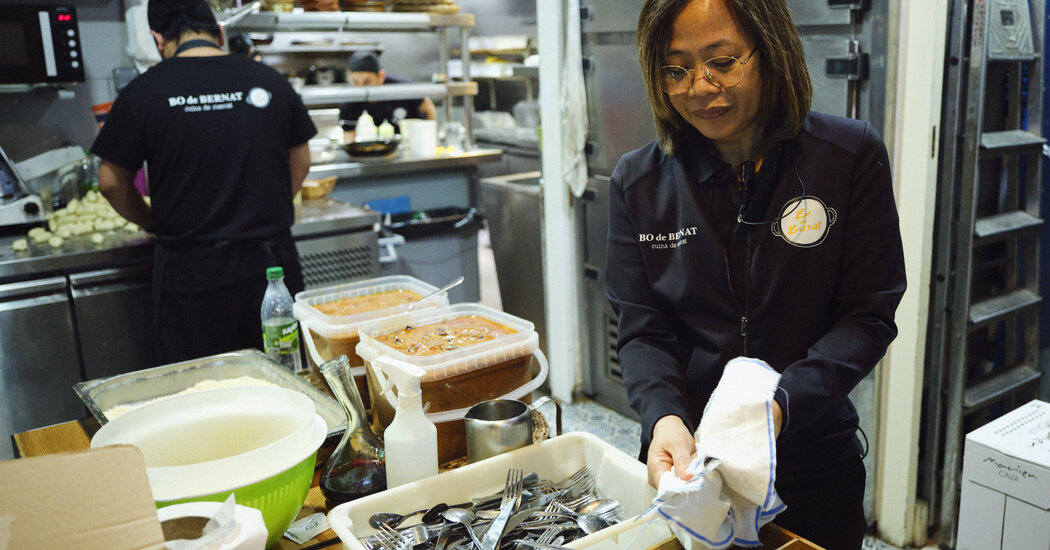
Your Voice Matters: Tell Us How Tariffs Are Affecting You
Gamestanza is committed to providing a platform for the voices of the gaming community. We want to hear from you about how tariffs are affecting your business, your job, or your access to gaming products and services.
Share your stories, your experiences, and your insights with us. Your contributions will help us shed light on the real-world impact of trade policies and inform our coverage of this important issue.
Conclusion
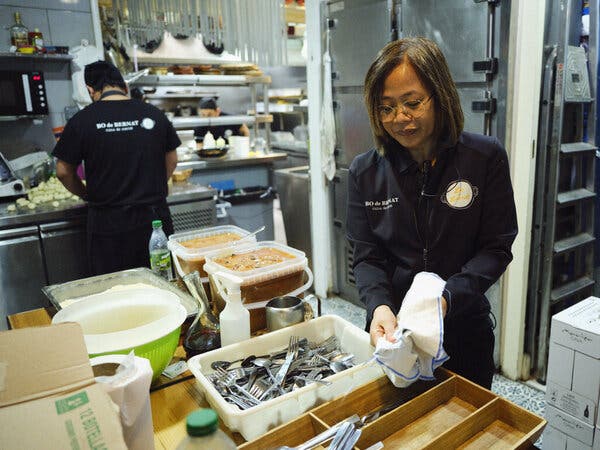
The New York Times’ plea to hear from businesses about the impact of Trump’s tariffs is a stark reminder of the economic domino effect unfolding across our nation. The article highlights the real-life consequences these trade wars are having, with businesses grappling with rising costs, supply chain disruptions, and shrinking profit margins. While the intention behind these tariffs was to protect American jobs and industries, the reality paints a more complex picture. The article exposes the potential for unintended consequences, such as job losses in sectors reliant on imported goods and a ripple effect of higher prices for consumers. This trade war, like any war, has casualties, and the New York Times seeks to give voice to those feeling the brunt of the economic battle. The future remains uncertain, but one thing is clear: the outcome of this trade war will have a profound impact on the economic landscape, shaping the future of businesses, jobs, and consumer wallets for years to come. The question is, whose future will it ultimately benefit?
